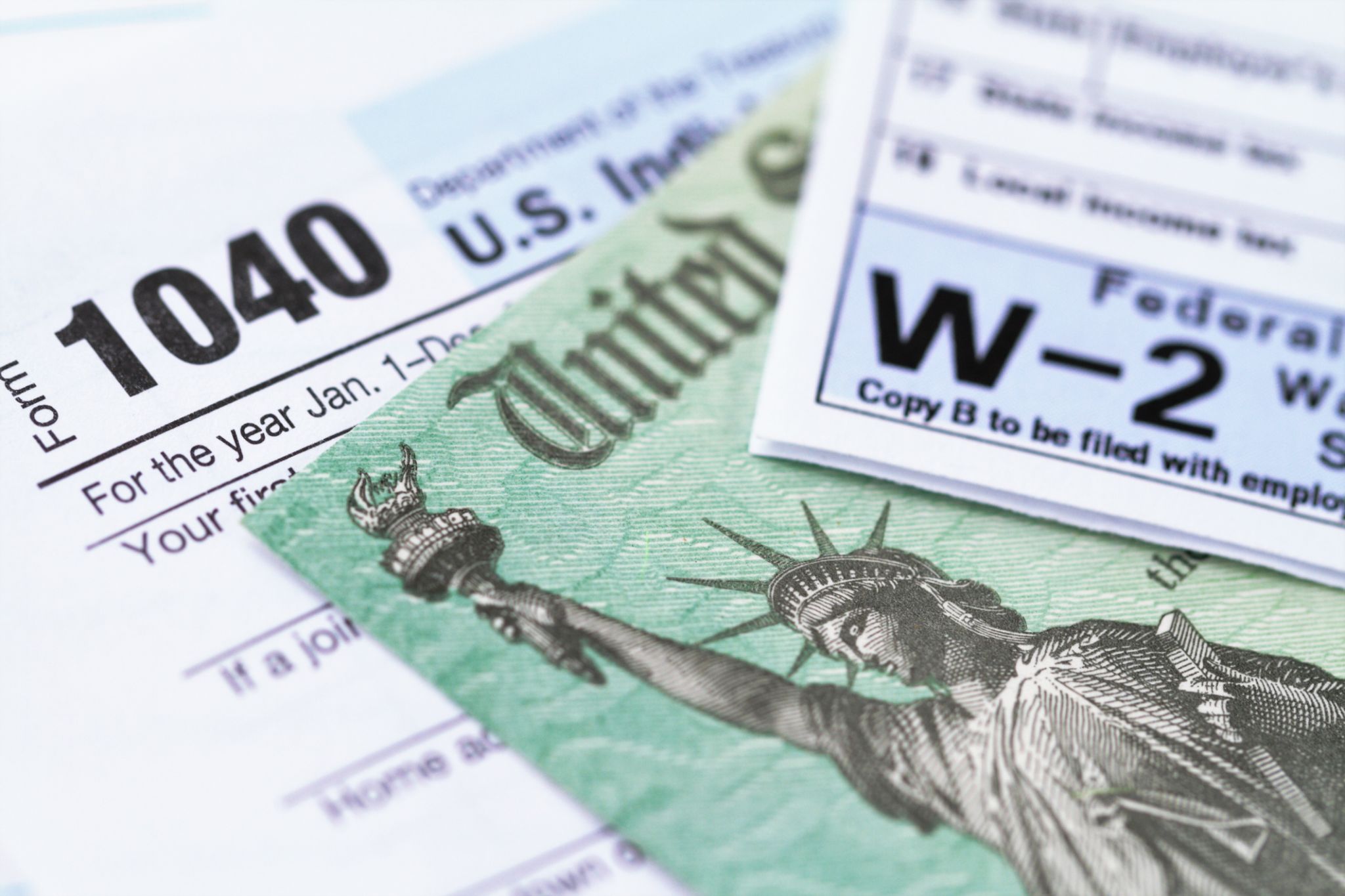Seasonal Tax Preparation Checklist for Small Businesses
Introduction to Seasonal Tax Preparation
For small business owners, tax season can be a daunting time. However, with a strategic approach and thorough preparation, it can be transformed into a manageable task. This guide is designed to provide small business owners with a comprehensive checklist to ensure that they're ready for tax season without the stress.
By organizing your financial records and understanding key tax obligations, you can streamline the tax filing process and potentially uncover savings opportunities you might have missed. Let's dive into the essential steps to prepare for tax season.

Organize Your Financial Documents
Gather Necessary Records
Start by gathering all relevant financial documents. This includes income statements, balance sheets, bank statements, and receipts. Ensure that all documents are categorized and stored in a secure location. Consistent record-keeping throughout the year can significantly ease this process.
Track Income and Expenses
Accurately tracking your income and expenses is crucial for filing taxes. Use accounting software to maintain digital records, making it easier to generate reports when needed. Pay special attention to business expenses, as these can often be deducted from your taxable income.

Understand Your Tax Obligations
Know Your Deadlines
Small businesses need to be aware of specific tax deadlines. Mark your calendar with important dates such as quarterly estimated tax payments and the annual filing deadline. Missing these deadlines can result in penalties, so it's crucial to stay informed.
Identify Eligible Deductions
Familiarize yourself with the deductions available to small businesses. Common deductions include expenses related to business operations, travel, and office supplies. Properly claiming deductions can reduce your taxable income and lower your tax liability.

Consult with Professionals
Hire a Tax Professional
Consider hiring a certified accountant or tax professional who specializes in small business taxes. They can provide valuable insights into tax laws and help you identify potential savings. Professional guidance can also ensure compliance and accuracy in your filings.
Utilize Tax Software
If hiring a professional isn't feasible, investing in tax software can be an effective alternative. Many platforms offer step-by-step guidance tailored to small business needs, ensuring you're meeting all requirements efficiently.
Final Steps Before Filing
Review and Double-Check
Before filing your taxes, review all information carefully. Double-check figures and ensure all necessary forms are filled out correctly. Mistakes in your tax return can lead to audits or delays in processing.
Stay Informed About Changes
Tax laws can change frequently, impacting how you file taxes or what deductions are available. Stay informed about any changes that might affect your business by following reputable financial news sources or consulting your tax professional regularly.
By following this seasonal tax preparation checklist, small business owners can approach tax season with confidence and clarity. Proper preparation not only ensures compliance but also maximizes potential savings, ultimately contributing to the financial health of your business.